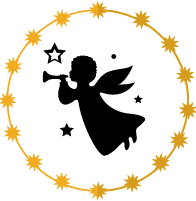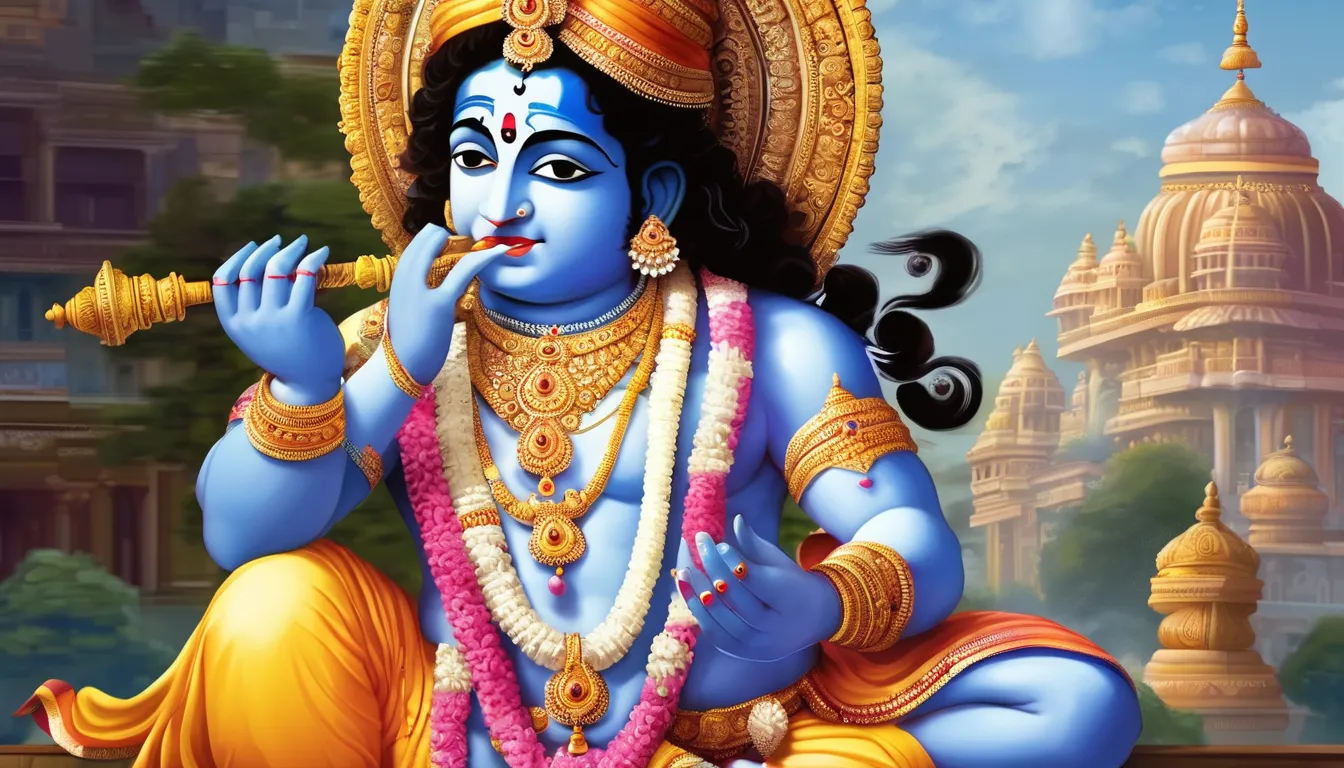This ancient religion is filled with vibrant stories and powerful lessons, making it one of the oldest religions in the world.
Hello, everyone! My name is Harry, and I am a mythology expert passionate about exploring different cultures and regions. Through my travels, I have delved deep into the rich tapestry of beliefs that shape various societies. Today, I want to share with you some fascinating insights into Hindu mythology.
Welcome to checkreligion.com
Hindu Mythology Stories
Hinduism: A Brief Overview
Hinduism is often regarded as one of the oldest religions, with roots that stretch back thousands of years. It is not just a religion but a way of life that encompasses a wide range of beliefs, practices, and philosophies. The beauty of Hinduism lies in its diversity, as it consists of a multitude of gods, goddesses, and countless stories that illustrate moral lessons and cultural values.
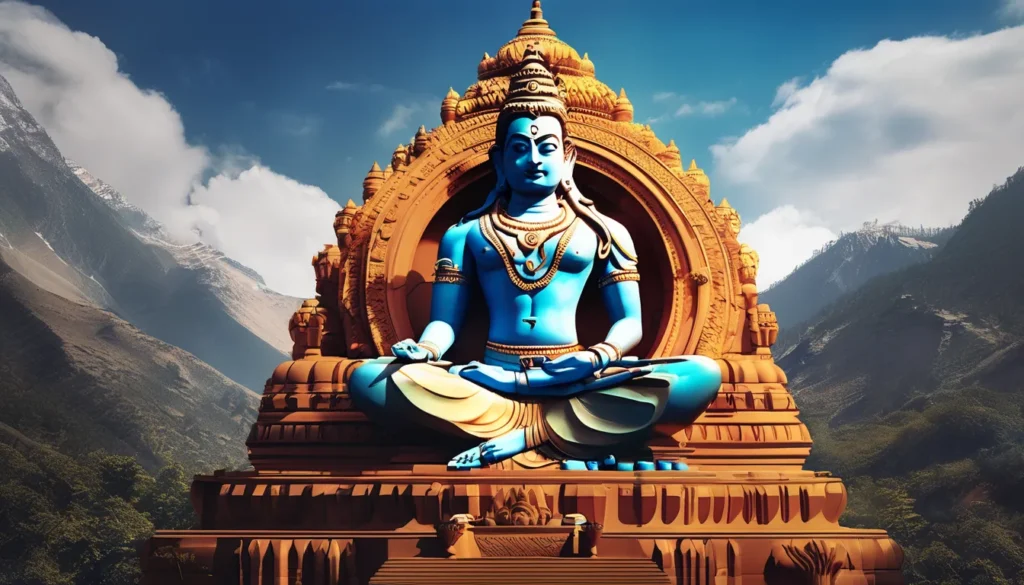
The Epics: Mahabharata and Ramayana
Two of the most significant texts in Hindu mythology are the Mahabharata and the Ramayana. These epic stories are not only literary masterpieces but also serve as moral guides. They emphasize the idea that good ultimately triumphs over evil, a central theme in many of the stories.
Mahabharata
The Mahabharata is a lengthy epic that narrates the struggle between the Pandavas and Kauravas, two branches of a royal family. It is filled with complex characters, intricate plots, and profound teachings. The central message is about dharma (duty) and righteousness. The hero of this epic is Krishna, who plays a crucial role in guiding the Pandavas to victory.
Ramayana
The Ramayana tells the story of Lord Rama, his wife Sita, and his battle against the demon king Ravana. This tale is about devotion, loyalty, and the triumph of good over evil. Rama is often seen as the ideal man, and his journey serves as a moral compass for followers of Hinduism.
Key Figures in Hindu Mythology
Hinduism boasts a multitude of gods and goddesses, each with their own stories and significance. Some of the main deities include:
- Shiva: Known as the Destroyer, Shiva is a complex god associated with creation and destruction. He is often depicted meditating and is a symbol of inner peace.
- Krishna: Krishna is celebrated as a playful child and a wise guide. His stories, especially those from his childhood, are filled with adventure and divine interventions.
- Ganesha: The elephant-headed god, Ganesha, is revered as the remover of obstacles. He is often worshipped at the beginning of new ventures.
- Goddess Kali: Kali represents the fierce aspect of the divine feminine. She embodies destruction and transformation, often portrayed as a fierce warrior.
- Lord Rama: Rama is the hero of the Ramayana. He represents virtue and righteousness, making him an ideal figure in Hindu culture.
- Parvati: The consort of Shiva, Parvati symbolizes love and devotion. She is often seen as a nurturing figure.
- Lord Brahma: As the creator god, Brahma is part of the Hindu trinity. His role is crucial in the cycle of creation.
- Lord Vishnu: The preserver god, Vishnu, is known for his avatars, including Krishna and Rama. He plays a vital role in maintaining cosmic order.
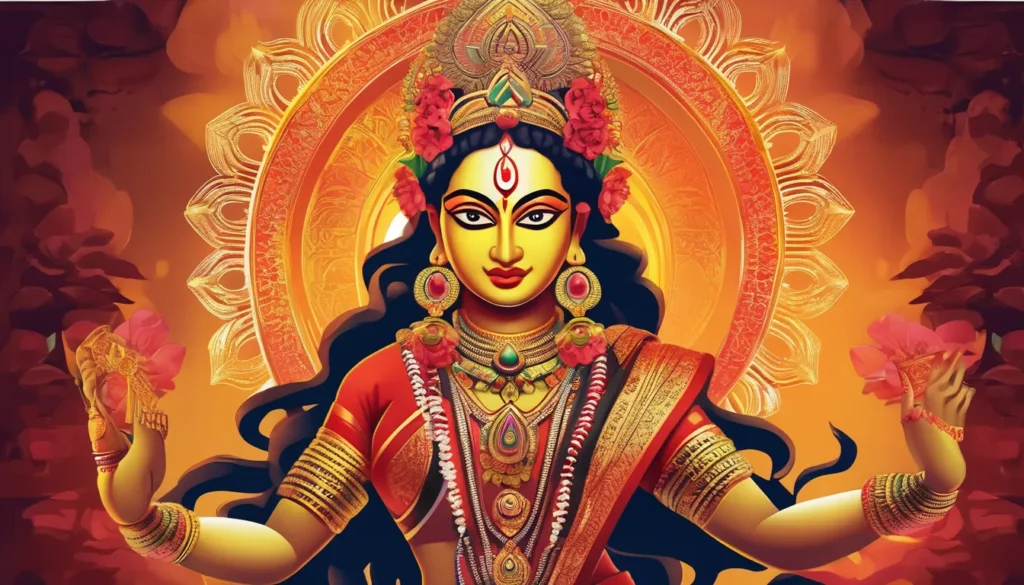
The Story of Krishna: A Glimpse into Childhood
While I won’t delve into Krishna’s entire story here, his childhood is particularly captivating. Krishna was born in a prison, as his uncle feared a prophecy stating that he would be killed by Krishna. His mother and father were imprisoned, but Krishna’s divine nature was evident from birth. He performed miraculous feats, enchanting everyone around him.
Krishna’s childhood tales are filled with playful adventures, including his encounters with demons and his love for butter. These stories not only entertain but also convey moral lessons about bravery, love, and loyalty.
The Richness of Hinduism
Hinduism is a vast religion with hundreds of deities, each having their own story and significance. This diversity allows for a rich cultural experience, as each region in India may have its own interpretation and worship of these gods.
The Concept of Dharma
At the heart of Hindu mythology is the concept of dharma. This principle guides individuals in their duties and responsibilities towards society, family, and themselves. Characters in these stories often face moral dilemmas, illustrating the importance of making the right choices.
Festivals and Worship
Hinduism is celebrated through numerous festivals, each dedicated to different deities. For instance, Diwali, the festival of lights, honors Lord Rama’s return to Ayodhya after defeating Ravana. Holi, the festival of colors, celebrates the arrival of spring and the victory of good over evil. These festivals bring communities together, reinforcing cultural values and traditions.
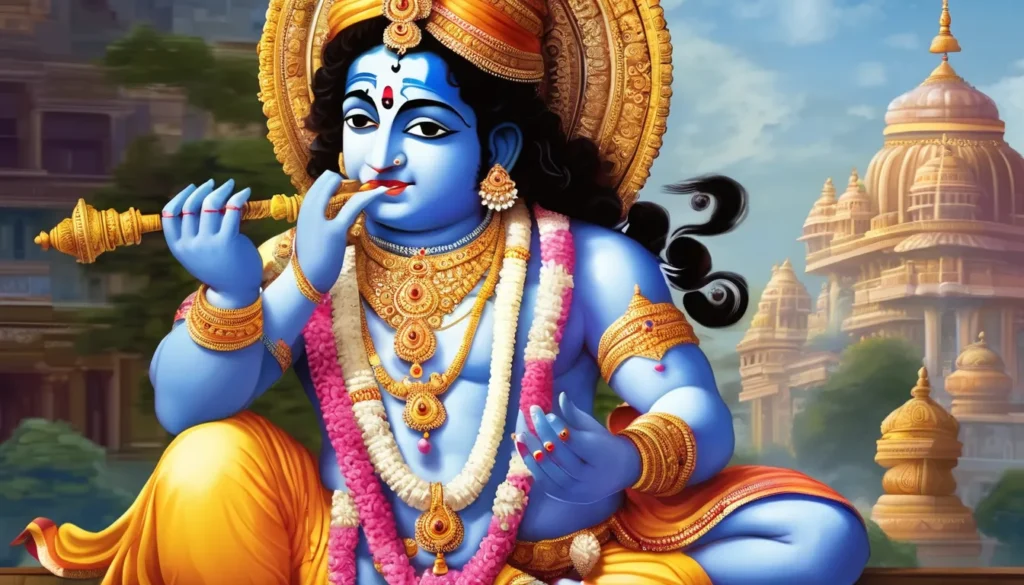
Lessons from Hindu Mythology
Hindu mythology teaches valuable lessons that remain relevant even today. Here are some key takeaways:
- Good Will Prevail: The eternal battle between good and evil reminds us that righteousness ultimately triumphs.
- Importance of Duty: Characters like Rama and Krishna demonstrate the significance of fulfilling one’s duties, regardless of the challenges faced.
- Power of Love and Devotion: Many stories highlight the strength of love, whether it’s Krishna’s playful interactions or Rama’s devotion to Sita.
- Transformation and Growth: Figures like Kali embody the idea that destruction can lead to new beginnings, teaching us about the cycles of life.
- Unity in Diversity: The multitude of gods and stories reflects the rich cultural tapestry of Hinduism, reminding us to respect different beliefs and practices.
Conclusion
Hindu mythology is a treasure trove of stories that offer insight into human nature, moral values, and the essence of life. As a mythology expert and avid traveler, I encourage everyone to explore these stories and their meanings.
Whether you are interested in the epic tales of the Mahabharata and Ramayana or the enchanting stories of gods like Krishna and Ganesha, there is something for everyone in Hindu mythology. Each narrative carries wisdom that transcends time, making it relevant to our lives today.
As I continue my journey to understand different cultures and beliefs, I invite you to join me in exploring the fascinating world of Hindu mythology. Dive into these stories, reflect on their teachings, and appreciate the beauty of a religion that has stood the test of time.
Thank you for reading, and be sure to check back on checkreligion.com for more insights into mythology and cultural stories from around the world!
FAQ
How can I learn Hindu mythology?
Yes, you can learn hindu mythology from vedas and other mythological book and describes the hinduism in brief and tells you what the meaning for hinduism.
What are the six in Hindu mythology?
Six stands for internal problems Kama, Krodha, Lobha, Moha, Mada and Matsarya.
Who wrote Vedas?
Vyasa, In 1000–500 BCE is a person who arrange four kind of mantras into four Samhitas.
Which god is number 9?
9 numbers tells you about the nine forms of Goddess Durga.
Is Hinduism myth or real?
As other religion hinduism is mythology according to guru’s in hinduism this religion is a way of life. It tell you how to live your life to fullest and how to connect with yourself.
